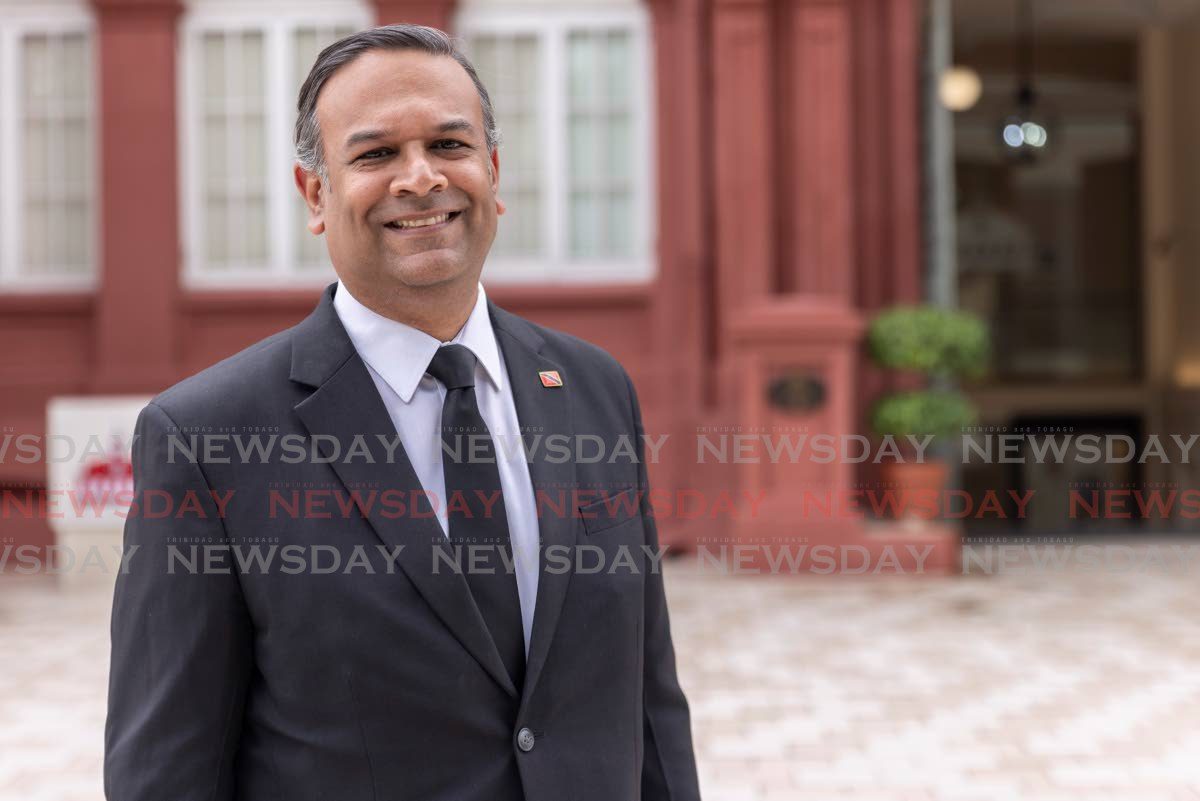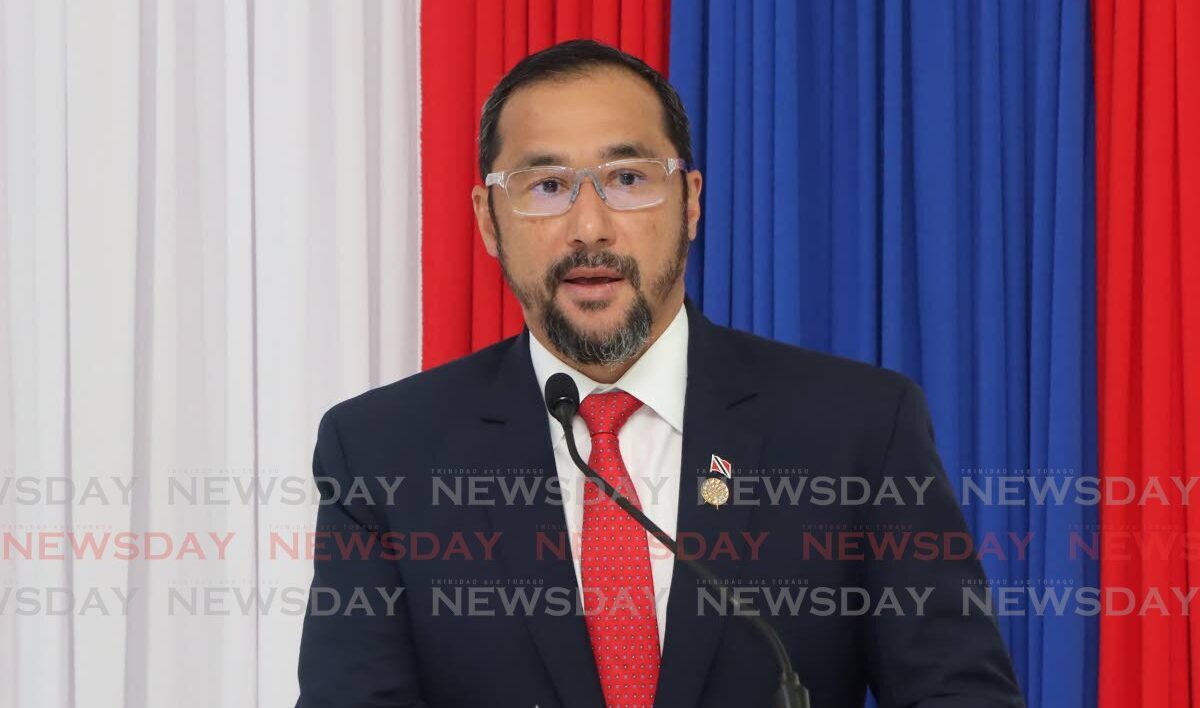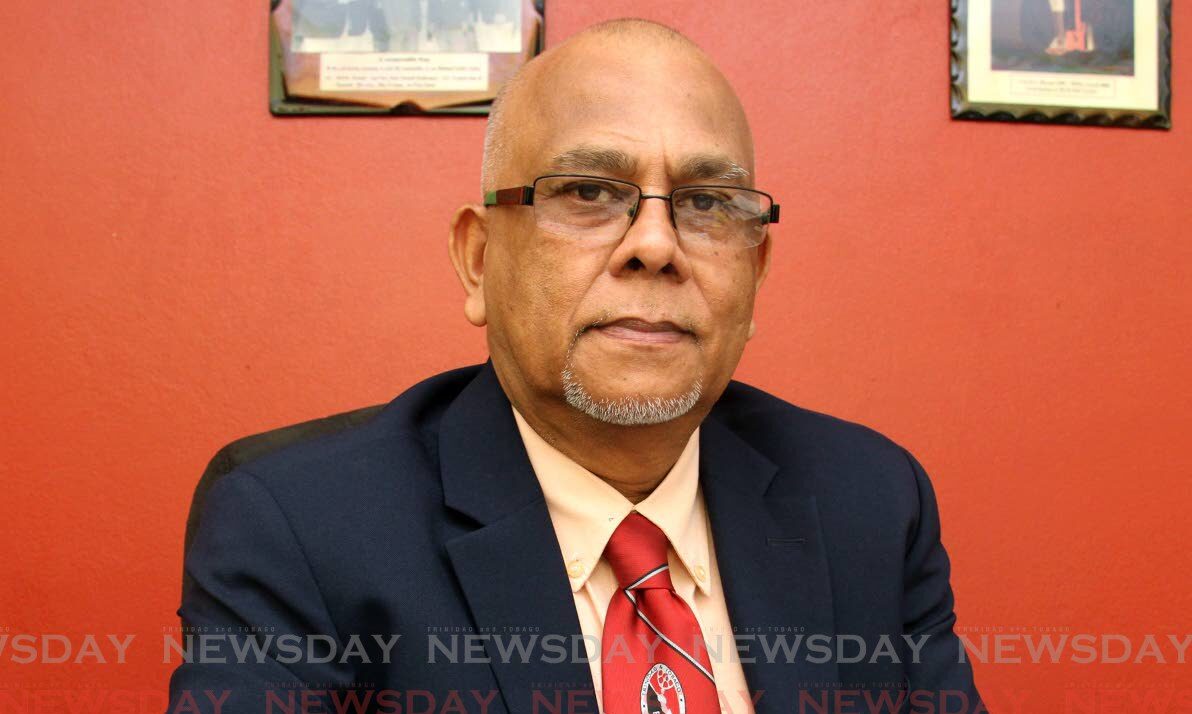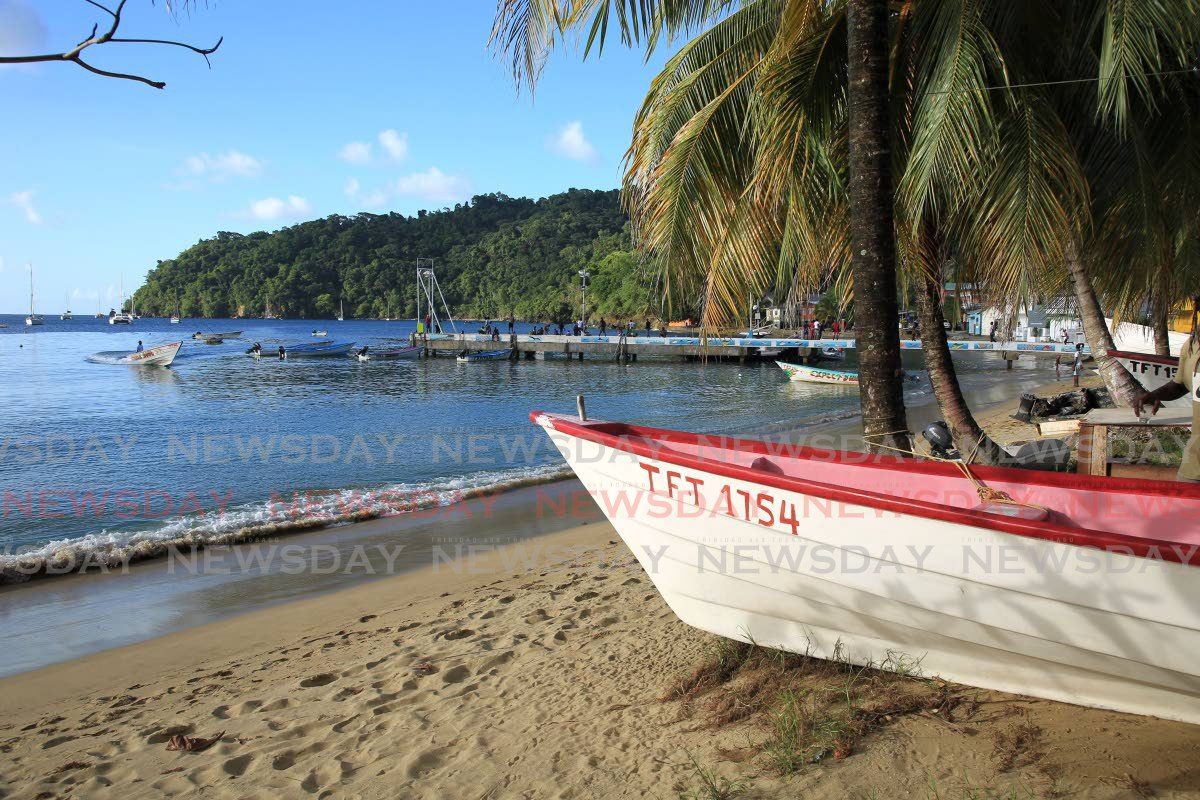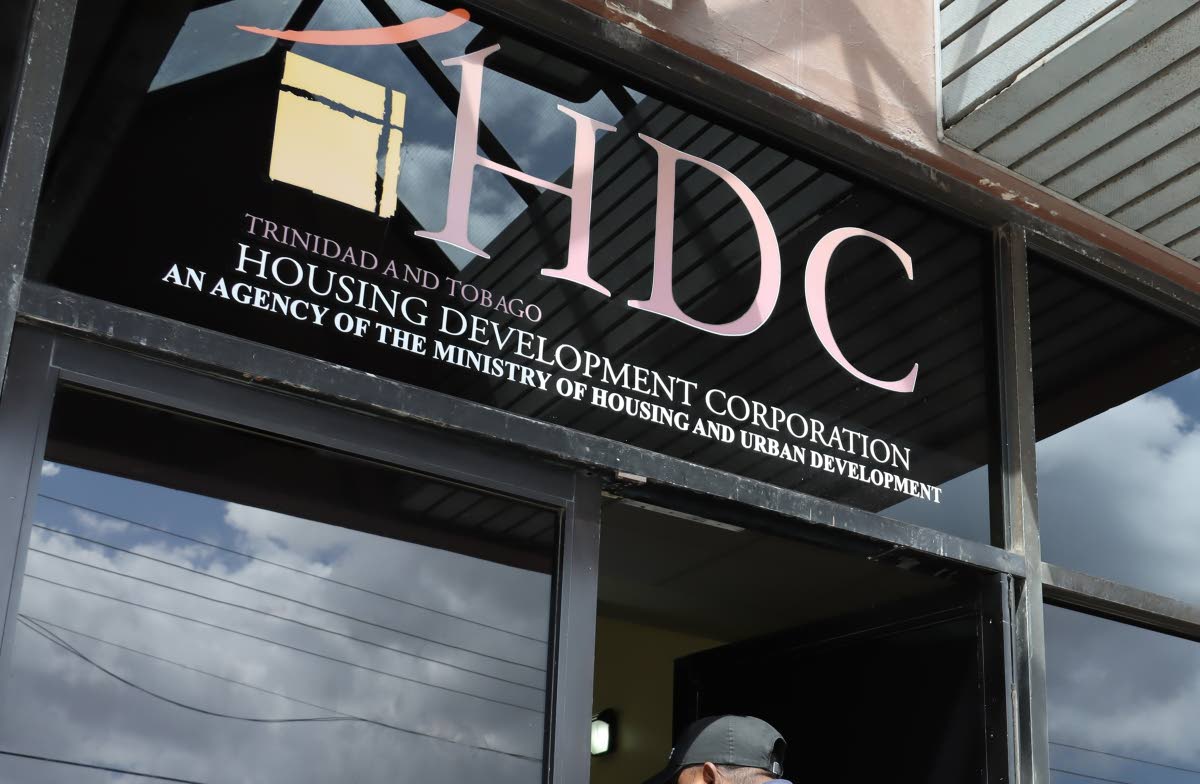Indianapolis-based football academy Indy Premier SC achieved a spectacular double triumph at the Jewels of the Caribbean invitational tournament in Trinidad, showcasing a revolutionary approach to player development that prioritizes cognitive skills over traditional positional coaching.
The academy’s Under-17 squad delivered a breathtaking performance, securing victory in all matches while scoring 20 goals and maintaining a perfect defensive record without conceding any. Their Under-20 team mirrored this success, netting 12 goals while allowing only two across four matches to complete the championship sweep.
Trinidad-born head coach Kenrick Ramirez, who leads the program alongside Indiana Coaching Hall of Fame inductee Russell Gee and U20 defender Aubrey Robertson, attributes their success to a philosophy that emphasizes game intelligence, decision-making, and positional fluidity over rigid tactical systems. “We don’t teach positions,” Ramirez explained. “When you teach positions, decision-making becomes an issue. We have players who excel in multiple roles because they understand the game fundamentally.”
The academy’s preparation involved sophisticated data-driven analysis and GPS monitoring to manage player workload throughout the seven-day tournament. Despite rotating squad members constantly to maintain fitness levels, the team’s performance remained consistently dominant, including decisive victories against Trinidad and Tobago’s national team (4-0) and Jamaica’s national squad (5-0 and 3-0).
Ramirez’s strategic focus centered on three critical aspects: decision-making in the attacking third, transition to attack, and transition to defense. “We implemented an aggressive forward-passing game,” he noted. “When possession was lost, we immediately pressed because we identified defensive transition as a vulnerability in our opponents.”
Beyond the tactical achievements, the academy overcame significant logistical challenges, arriving in Trinidad with only 11 Under-20 players and supplementing their roster with U-17 athletes. Ramirez praised the Trinidad and Tobago Football Association for their exceptional organization and hospitality, which helped mitigate these complications.
The cultural experience formed an integral part of the journey, with players enjoying traditional ‘bake-and-shark’ at Maracas Beach and observing local league matches. The trip even included humorous superstitions, as two players took extended “bush-baths” after learning about the practice for eliminating bad luck—both subsequently broke scoring droughts and earned tournament honors.
Ramirez’s coaching journey emerged from personal adversity after a serious accident ended his promising playing career. His relocation to Columbus, Indiana, revealed the untapped potential for structured football development in a basketball-dominated region. At just 26, he became Indiana’s youngest club director and has since developed a proven framework that produces scholarship athletes and national team players.
Now as sporting director at Indy Premier, Ramirez oversees a nonprofit organization that has experienced substantial growth through unified leadership and a clear developmental vision. His ultimate measure of success extends beyond trophies: “We aim to develop responsible, well-rounded human beings who become good stewards of society. Winning naturally follows proper development.”
